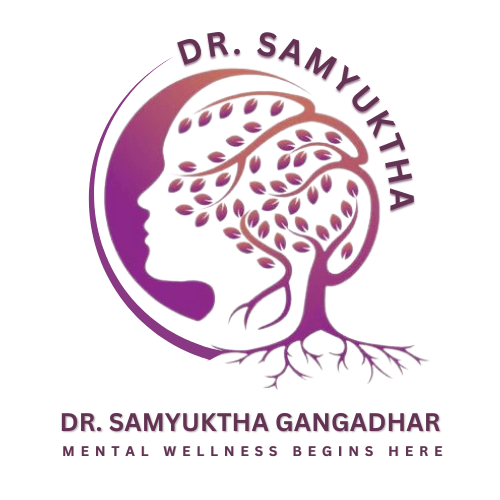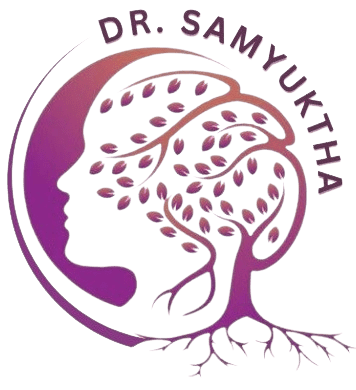- Home
- About Us
- Services
- Team
- Gallery
- Blog
- FYI
- Best Psychiatrist in Bangalore
- Best Depression Doctor in Kolkata
- Best Psychiatrist in Kolkata
- Depression Treatment
- OCD Treatment
- Anxiety Treatment
- Mania Treatment
- ADHD Specialist
- ADHD Treatment
- Treatment for Stress
- Fear Treatment
- Phobia Treatment
- Treatment of Tobacco Addiction
- Alcohol Addiction Treatment
- Anger Issue Treatment
- Relationship Issues
- Managing Frequent Mood Swings
- Behavioral Issues in Children and Adolescents
- Treatments for Lack of Sleep
- Understanding OCD: Comprehensive Treatment Options in Kolkata
- Contact Us
- Home
- About Us
- Services
- Team
- Gallery
- Blog
- FYI
- Best Psychiatrist in Bangalore
- Best Depression Doctor in Kolkata
- Best Psychiatrist in Kolkata
- Depression Treatment
- OCD Treatment
- Anxiety Treatment
- Mania Treatment
- ADHD Specialist
- ADHD Treatment
- Treatment for Stress
- Fear Treatment
- Phobia Treatment
- Treatment of Tobacco Addiction
- Alcohol Addiction Treatment
- Anger Issue Treatment
- Relationship Issues
- Managing Frequent Mood Swings
- Behavioral Issues in Children and Adolescents
- Treatments for Lack of Sleep
- Understanding OCD: Comprehensive Treatment Options in Kolkata
- Contact Us
Home » OCD
OCD

Obsessive-Compulsive Disorder (OCD) is a mental health condition characterized by persistent, intrusive thoughts (obsessions) and repetitive behaviors or mental acts (compulsions) that an individual feels compelled to perform in response to the obsessions. OCD can significantly impact a person’s daily life, causing distress and interfering with their ability to function normally.
Here are the key components of OCD:
Obsessions: These are unwanted and distressing thoughts, images, or urges that repeatedly enter a person’s mind. These thoughts are often irrational, but individuals with OCD find them difficult to ignore. Common obsessions include fears of contamination, harm coming to oneself or others, a need for symmetry or order, and intrusive taboo thoughts.
Compulsions: In an attempt to alleviate the anxiety or discomfort caused by obsessions, individuals with OCD engage in repetitive behaviors or mental acts known as compulsions. These rituals are not connected to the event they are designed to prevent but are performed to reduce the distress associated with the obsessions. Examples of compulsions include washing, checking, counting, repeating actions, and mental rituals like praying or silently repeating words.
Impact on Daily Life: OCD can significantly interfere with a person’s daily functioning. The time and energy spent on performing rituals can be extensive, leading to disruptions in work, school, and social relationships. Despite realizing that their obsessions and compulsions are irrational, individuals with OCD often find it challenging to control or stop them.
Insight and Resistance: Many people with OCD have insight into the irrational nature of their obsessions and compulsions. However, this insight does not necessarily alleviate the distress or prevent the continuation of the behaviors. Some individuals may resist engaging in compulsions, but this often leads to increased anxiety.


